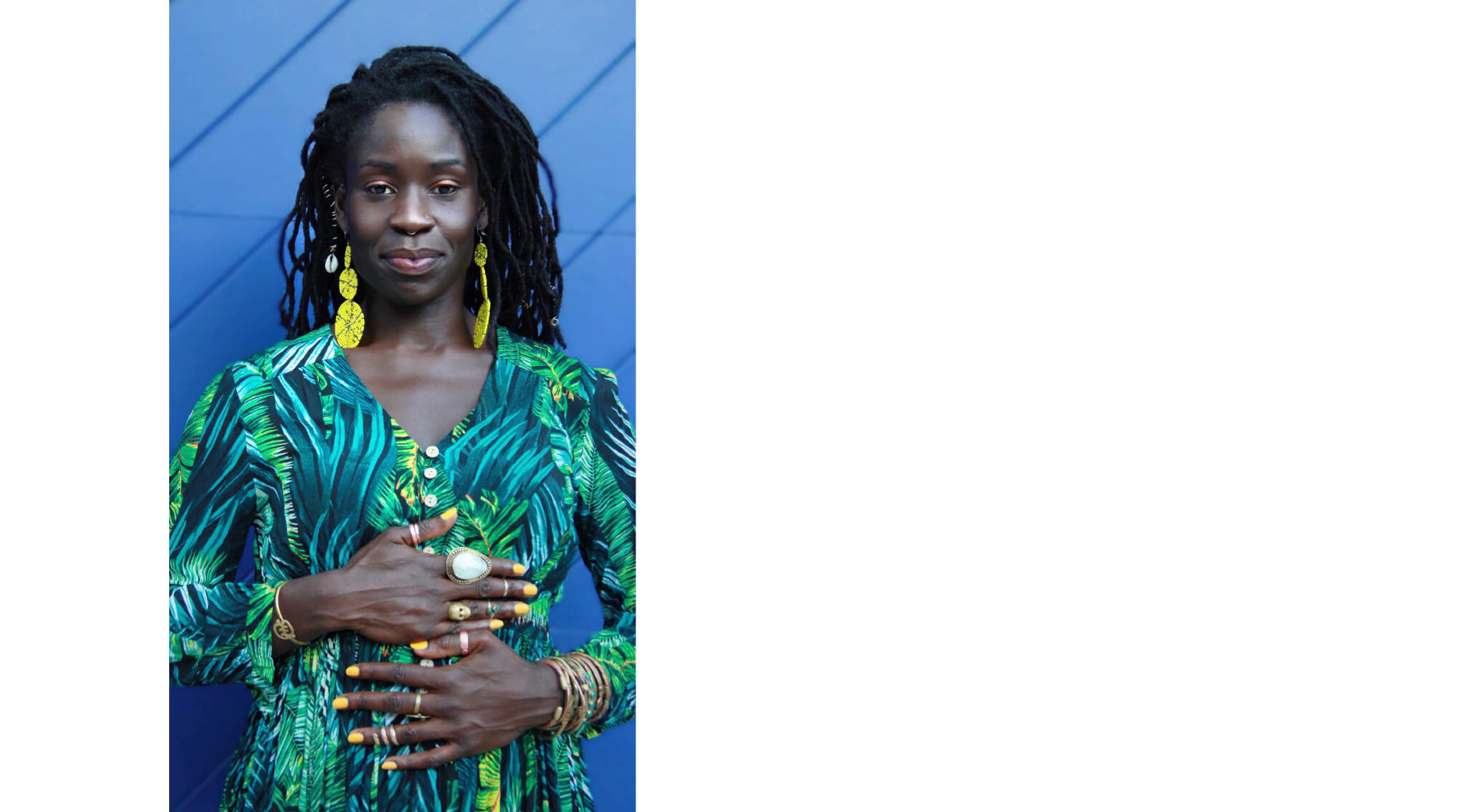Q&A: Alua Arthur on Shifting Death Care

Note: This interview has been condensed and edited for clarity.
EOL: Alua, tell us first about Going With Grace.
Alua Arthur: Going With Grace is an end-of-life planning and support organization that exists to support people as they answer the question: 'What must I do to be at peace with myself, so that I may live presently and die gracefully?' Since the answer to that question varies for every single body, we're doing our best to support people in having the most ideal death for themselves under the circumstances.
EOL: You have offerings online, available for everyone?
AA: We do offer a lot of online coursework and we recently launched a course called Shifting Death Work, which was born out of a strong need. After George Floyd was murdered, and the country started to take a look at the places where systemic racism was causing inequalities in access, it became really important that we also look at how it shows up in the end-of-life space. This is an overwhelmingly white space, where there are a few people of color within it. Yet, a bunch of people of color got together to discuss how we saw the inequalities in end-of-life care and held a panel called "Sayin' it Louder, " which was really well attended.

Those of us that exist within this largely white space started to consider the ways we could be part of the conversation, without needing to lead it. Since I'm not the one who holds the power in the system, I cannot change the system. It's upon white people to do the changing of the system.
EOL: Did you have any push back?
Alua: The entire title was: "Sayin' it Louder: A Conversation About a Good Death in a Racist Society," and some of the feedback I got was, 'Well, if you think this is a racist society, maybe you should go back to where you came from.'
EOL: Wow.
Alua: The amount of racism that's rampant in all aspects of society is also very clear in the places we work. There's a big need to bring attention to all the parts of identity that we look at while on the deathbed. I see dying as coming into completion of all parts of the self, and race is one of those.
Intersectionality, this term coined by Kimberlé Crenshaw in 1989, is the basis of that. We're looking at all the places where power comes together and collides in an individual, and how that power can create privilege and bias in the world that we may not be aware of.
It's important that we all, as individuals, take time to look at our language, to look at how we've identified a good death, and places where bias exists, and even how we consider words like 'light' and 'dark.'
While the course, Shifting Death Care, is put together by five black women, the point is not to teach how to care for black people at the end of life. Nobody can do that. The point is for all of us to consider how our identity makes it more challenging for us to care for somebody who does not fit that identity, and to care for people outside, on the margins of what we currently conceive of. It's important that we, as individuals, take time to look at our language, to look at how we've identified a good death, and places where bias exists, and even how we consider words like 'light' and 'dark.'
It's important to look at how we show up as a guest in another person's culture. To their death and dying, thier grief and so on. Shifting Death Care is the course created by myself, Alica Forneret, Oceana Sawyer, Lashanna Williams, and Joe'l Simone Anthony. This offering is our opportunity to invite people to look at how our individuality can sometimes cause harm for others at the end of life, where we would choose to affect good.
Watch the entire conversation here.
• • •
Header photo: FG Trade/iStock/Getty Images Plus
